How Getting Hit By A Car Helped Spark My Wanderlust
[Initial Note: I decided not to put in pictures from my recovery after the accident, but rather, pictures that remind me of the amazing time I had in Cape Town. This post is not about pity, it’s about conveying how the accident affected my perspective towards, and love for, travel. I felt that pictures from the recovery would not support that message.]
I was 19 and studying abroad in Cape Town, South Africa, when the accident happened. While I was walking across the street, a van ran into me at full speed. It broke my femur, struck my head, and threw me into the opposing lane of traffic. I don’t remember that myself, I heard it from others later. I only remember opening my eyes to see a bright blue sky, rapidly being eclipsed by the people converging over me.
Disclaimer: Lose the Map contains affiliate links and is a member of Amazon Services LLC Associates Program. If you make a purchase through an affiliate link, I receive a small commission at no extra cost to you.
The two months I had spent in South Africa up until then, coupled with two months before that in Brazil, had been a wonderful experience. For the first five weeks I lived with a homestay family in the Bo Kaap, the beautiful Malay quarter of Cape Town. The brightly colored houses and smell of spicy cooking permeated the neighborhood, as did the calls to prayer from the central mosque five times a day.
After that I was moved to Langa, a township where the black population had been forced to live during apartheid. The neighborhood was still neglected and poor, but the sense of community was strong here. My host mother explained to me that she had lived her whole life in Langa, and though her daughter had moved on up since the end of apartheid to a more prosperous job and neighborhood, and had invited her mother to go live with her, my host mother could never leave her home. This was a neighborhood in which she couldn’t leave her house after the sun set, for fear of gangs and violence, and yet, it was her home, and she refused to give it up. I found that proud attachment admirable.
It was in Langa, crossing the street with my roommate on the way from my homestay to the community center for classes, that it happened. I was upset about something I can barely remember now, and was venting to my roommate about my troubles. I crossed the road distractedly when a combi taxi, one of the illegally operated mini vans that barrel along the streets of Cape Town picking up 15-20 passengers to cram in the back, blew a stop sign and came hurtling towards me. The last image I have is of the van’s fender just to my left, me frozen, hearing my roommate scream my name.
I opened my eyes seconds later. There was no pain, just confusion; I couldn’t understand exactly what had happened until I could make out from the shouts around me that the van had hit me. I remember vaguely thinking I should check for any problems I could think of until the ambulance arrived.
I repeated my name and address to myself, as well as some basic biographical information. So my memory was fine. I moved my fingers and toes. Spinal cord was hopefully fine as well. Then I tilted my head slightly and glanced down at my body. There wasn’t a lot of blood, just cuts and scrapes, but my left leg was in the oddest position; it was angled in a way that looked completely unnatural. I remember thinking to myself ‘This must be the problem’. My reactions seem completely absurd in retrospect, but the only thing I could do through the haze in my brain is force myself to think logically.
The ambulance arrived to take me to Claremont Life Hospital. One of the study abroad program coordinators was already with me in the ambulance. I heard him call my parents. They had come into Cape Town two days before with my cousins from Greece. It was my last day of classes the day I was hit, and we had planned to go on safari to Kruger National Park during the spring break.
I groaned, thinking about their anxiety and the mental quasi-breakdown they were almost definitely undergoing at the moment. I asked the nurse in the ambulance if she could clean up the scratches and blood on my face, so when I got to the hospital my parents wouldn’t have a stroke upon seeing me. For some reason I felt strong. Maybe confused and anxious, but definitely not in pain, and I had the sense that I must have looked a lot worse than I felt.
The rest of that day is a blur. The doctor determined that my femur was broken and I went into surgery to have a titanium rod inserted into the bone so it could mend. I had lost a lot of blood, and they were on the fence between doing a transfusion and letting my system rebuild the blood supply. I decided to avoid the risks of a transfusion and denied it, with the doctor’s approval. The next couple of days I didn’t have the strength to do much but sleep.
The nurses were amazing. I had a button right by my bed to call them, and it never took them less than a minute to reach my room. They were always smiling and helpful, and I wondered how they did it. After such long shifts and dealing with sick people all day, how did they always manage to still be so caring? They treated me like they would a sick relative, as did the doctors. And they all took charge of keeping my parents as calm as possible as well.
The third day my physical therapist came into the room and told me I had to start exercises as soon as possible if I wanted to heal soon. My first assignment was to sit upright in a chair for five minutes. Not to do anything, not to move anything; just sit upright. I laughed and wondered what the catch was. Clearly I had underestimated how much blood I had lost.
Those five minutes were the hardest of my life. I had not lost that much sweat even while hiking up Table Mountain. After the test was over, I collapsed into my bed for the rest of my day.
Each day I gained a little strength back. My classmates from the study abroad program visited me and helped keep my spirits up, as did my cousins. I got news that my host mother in Langa had prayed for me repeatedly along with her church congregation. I was touched.
The sons from my first homestay family in the Bo Kaap, who were about my age, surprised me with a visit as well. They talked me through my anxiety, and any worries I might have had. They made me laugh and forget about the pain of my physical therapy.
There I was, so far away from home, in a country on the other side of the world, and I had never felt so cared for, felt so much like I was among friends. Not just with my parents and my cousins, but with everyone else who gave me even a moment of relief or support during that time. I was in a hospital bed, weak, without the use of my leg, but the people around me managed to fill me with gratitude and contentment.
My parents, after the accident, thought that it would be the end of my international adventures – that I would stick to ‘safe’ places, ‘safe’ hobbies, ‘safe’ everything and avoid adventures.
Yet that’s the day I realized I could never do that. I might have gone through pain, but it made me stronger than ever. That day I realized, if I had known ahead of time what would happen, I would still have gone on that journey. The adventures and freedom I experienced before the accident remain unforgettable, as does the warmth of the people around me after I was hit, the affection I felt from people I knew only a few days. My wanderlust had been ignited, and there was no stopping it now.
Of course, I always try to be as smart and cautious as I can when I travel. I’m not endorsing accidents as part of a planned itinerary. However, that day made me realize something that has helped inspire my addiction to travel. No matter where in this world you might find yourself, even in bad circumstances, you can always feel welcome and among friends. You can always, somehow, feel that you are home.
Thirty countries down to this day, and I have never felt out of place.

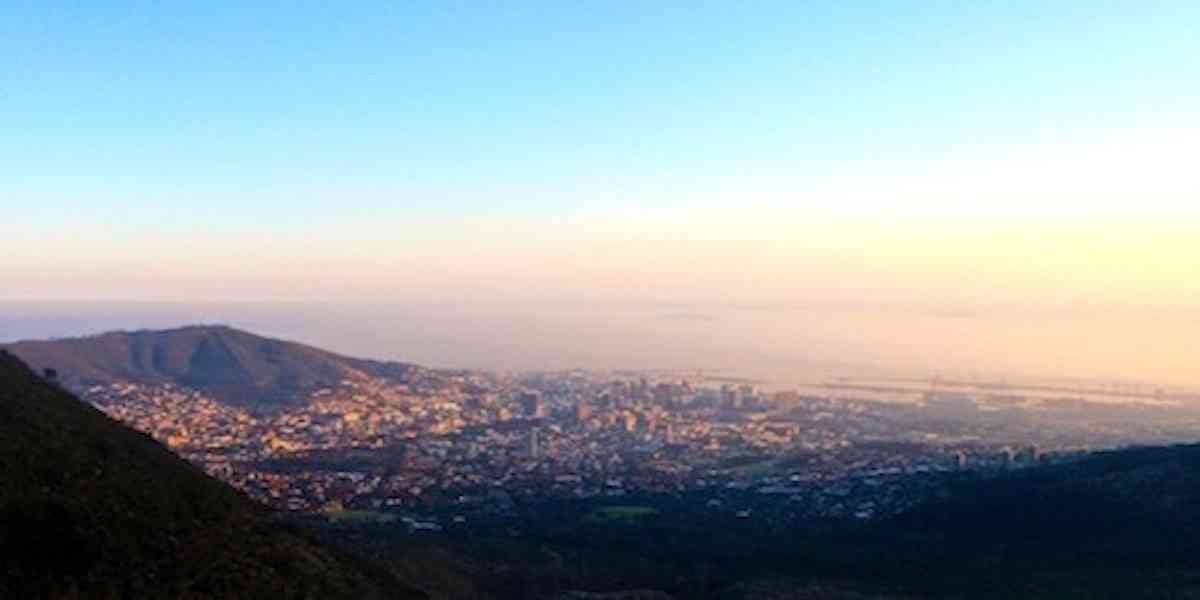
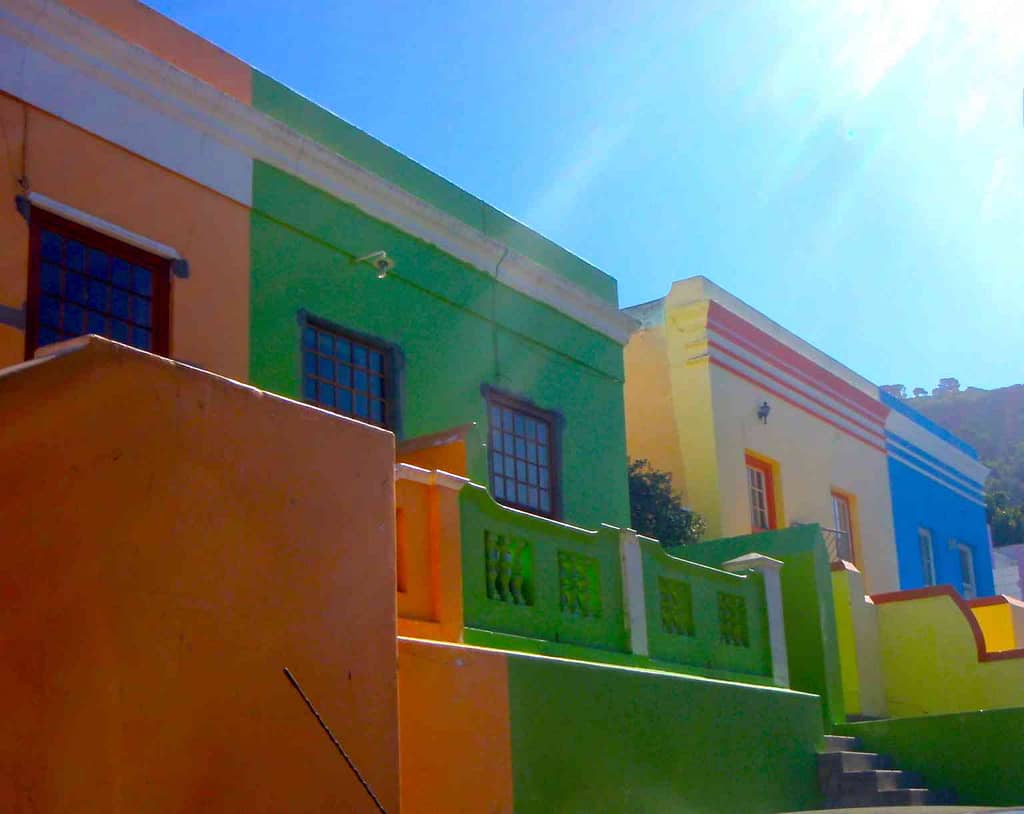
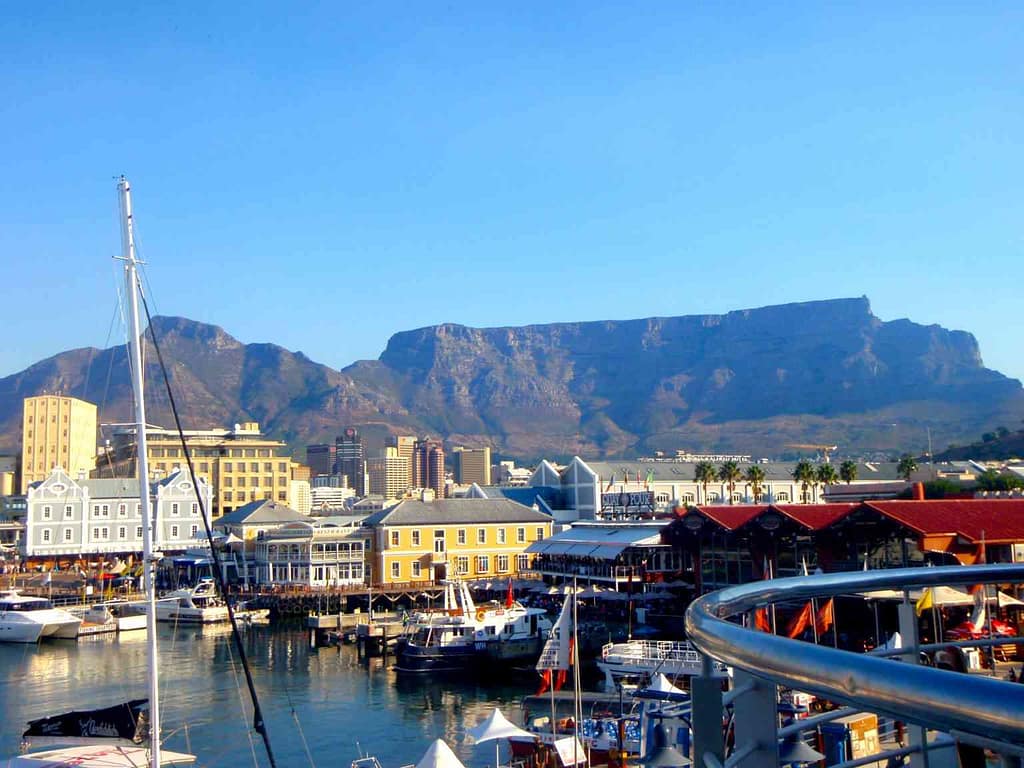

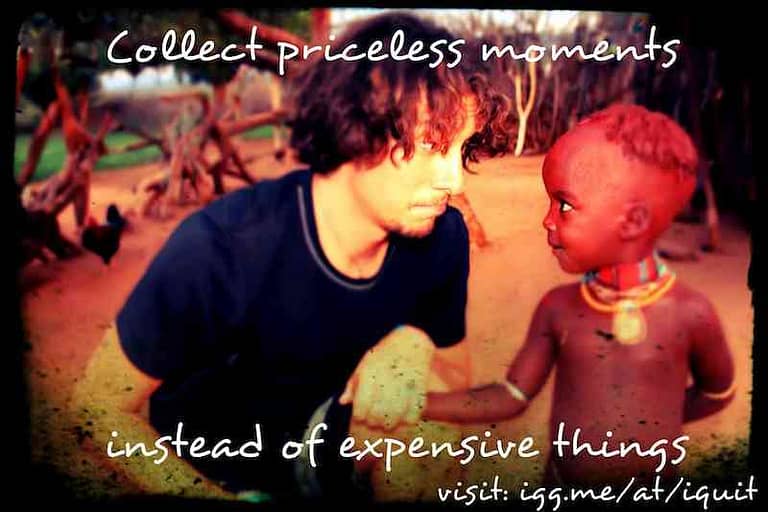
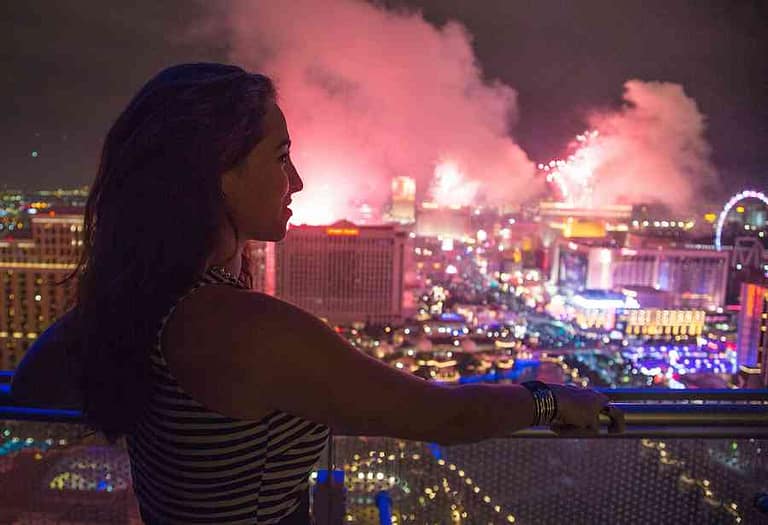
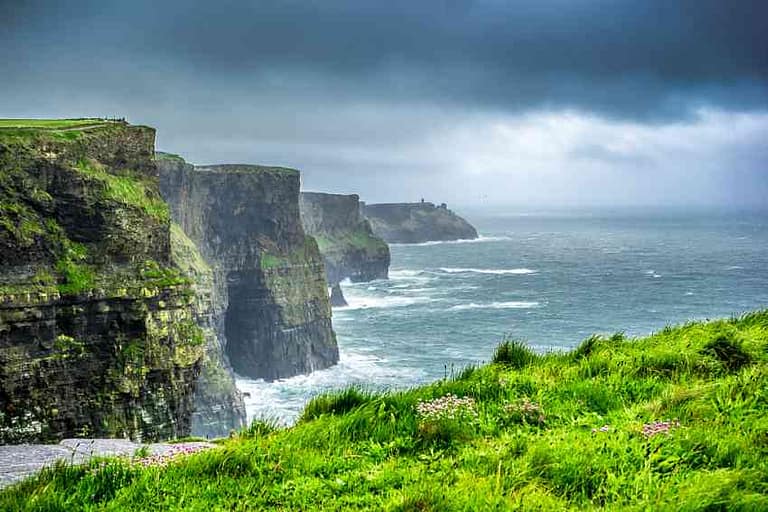
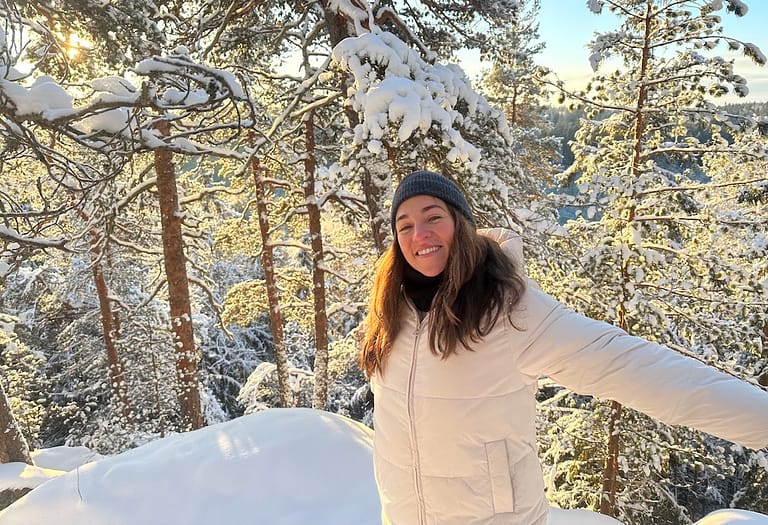
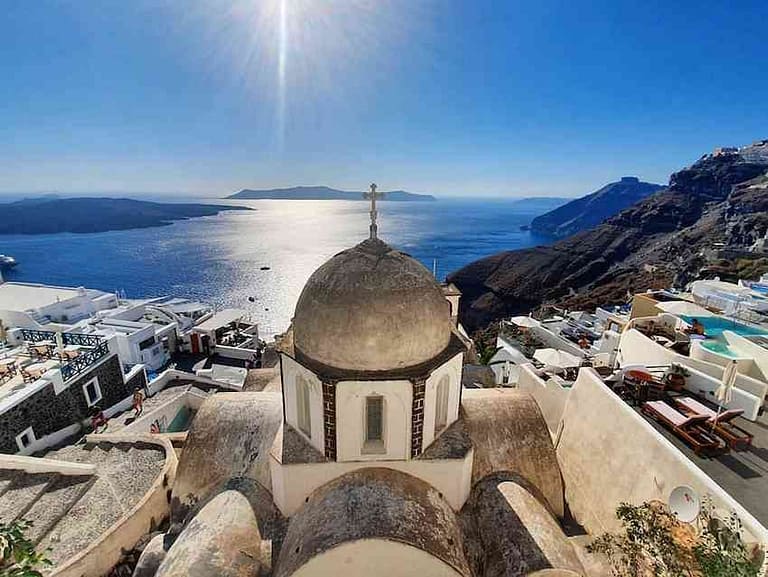
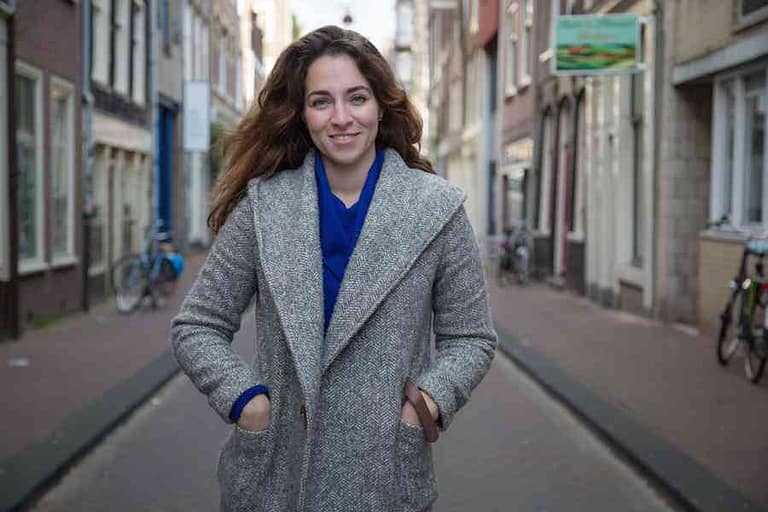
Great site,i love reading your blogs .this content is very helpful for me. thanks for sharing.